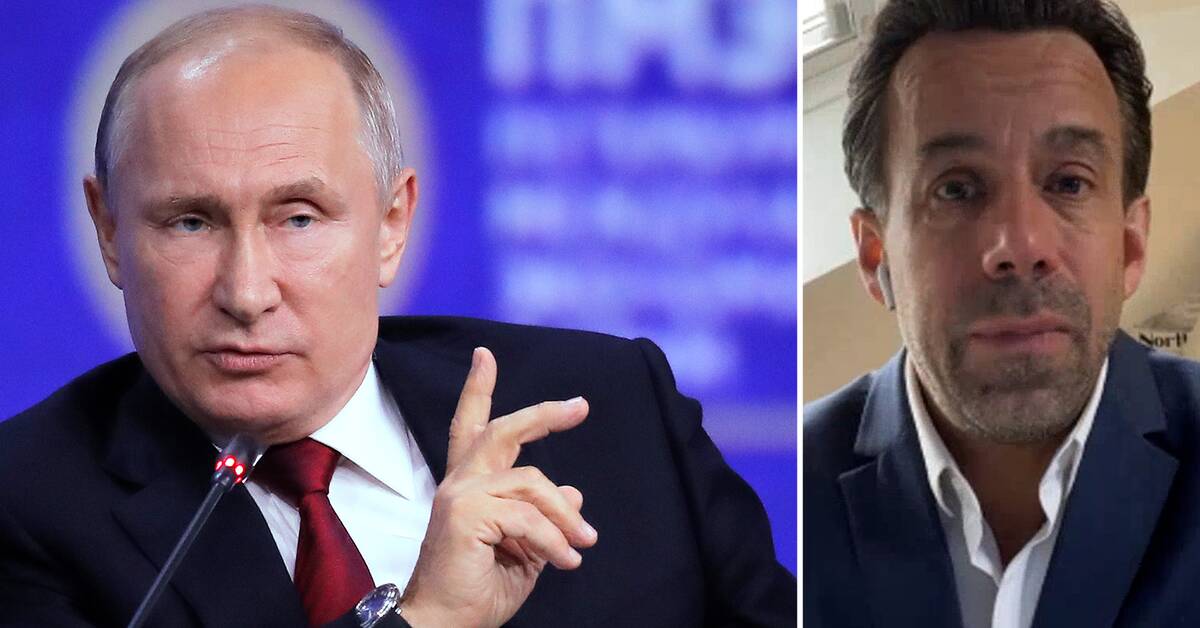The war in Ukraine has led to more and more discussion of Europe's dependence on Russian gas and oil.
If Russia were to stop supplying gas and oil to Europe or if the EU were to boycott Russian energy, it would have several consequences, according to Christian Kopfer, commodity analyst at Handelsbanken.
- There will probably be higher prices and there may be talk of rationing in cases where you can not find new suppliers, he says.
On the oil side, there are several suppliers that you can turn to instead of the ones you have today, even though they are more expensive due to, among other things, longer transports.
But the gas is harder to replace in the blink of an eye.
- It is much more complex for Europe to change supplier of gas than it is to change supplier of oil.
Gas is a product that is complicated to transport.
You need access to pipelines, which take time to build and are expensive, or infrastructure to cool the gas and make it liquid.
Has an indirect dependence
In recent years, several EU countries have become increasingly dependent on Russian energy, and within the Union, Russian oil and gas are imported for one billion euros a day.
- Sweden and Europe have acquired a fairly large dilemma, says Kopfer.
Because even if the Swedish dependence on Russian energy is low, there is an indirect dependence as other EU countries' energy production is dependent on it.
- And it spreads to the Nordic countries because there is energy transmission between the Nordic countries and the central part of Europe, above all.
Swedish boycott not effective
André Månberger, researcher in environmental and energy systems analysis and assistant senior lecturer at Lund University, agrees.
- We have an indirect dependence on Russia.
We are not directly dependent on Russia as an exporter but on a functioning market for the oil from which we then import, he says.
For that reason, a Swedish boycott of Russian energy would not have any particular effect, he estimates.
- It would have a very small impact, if we unilaterally impose a boycott on Russia.
For boycotts to be effective, it is necessary that exports from the country decrease, and Sweden is not such a big player.

